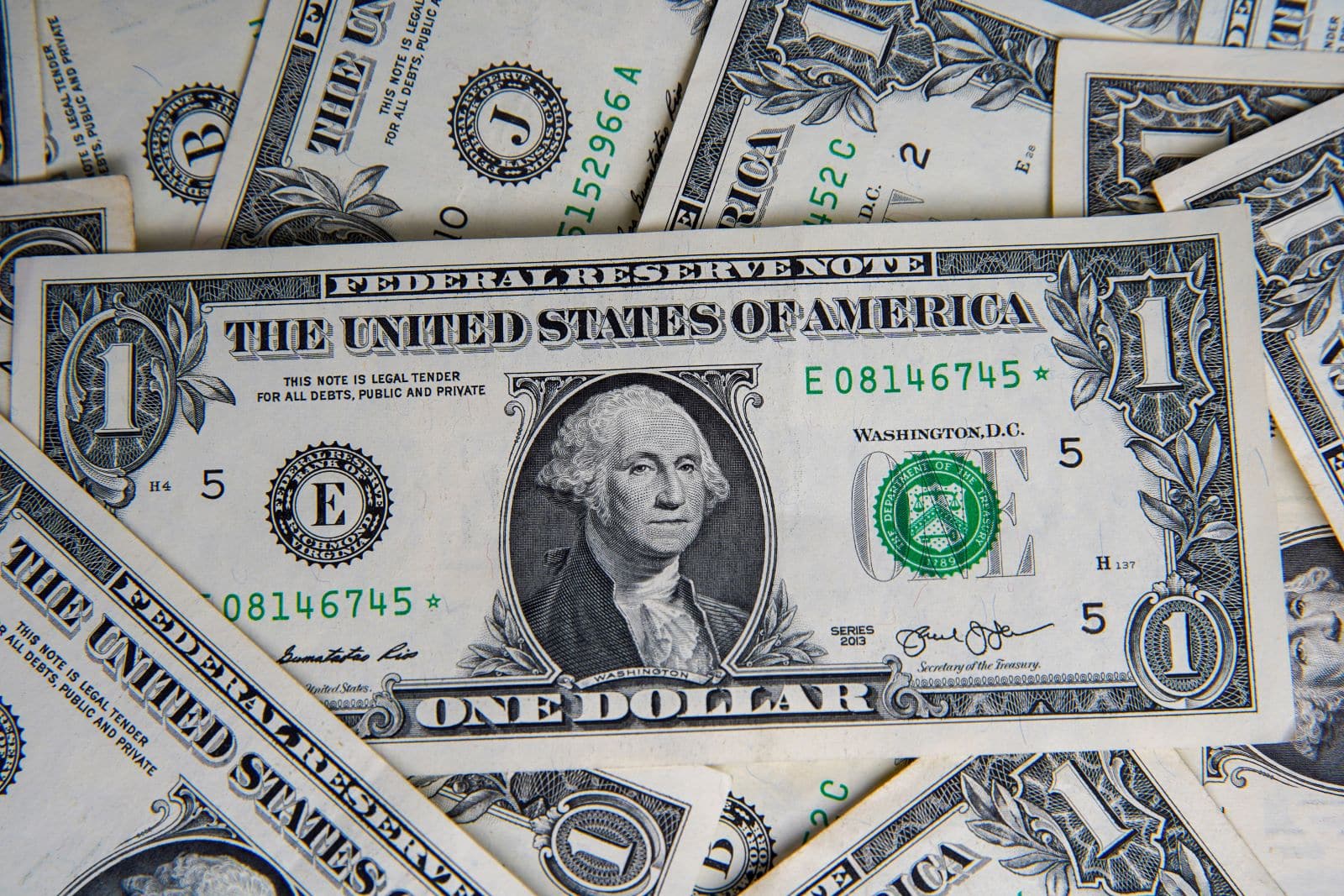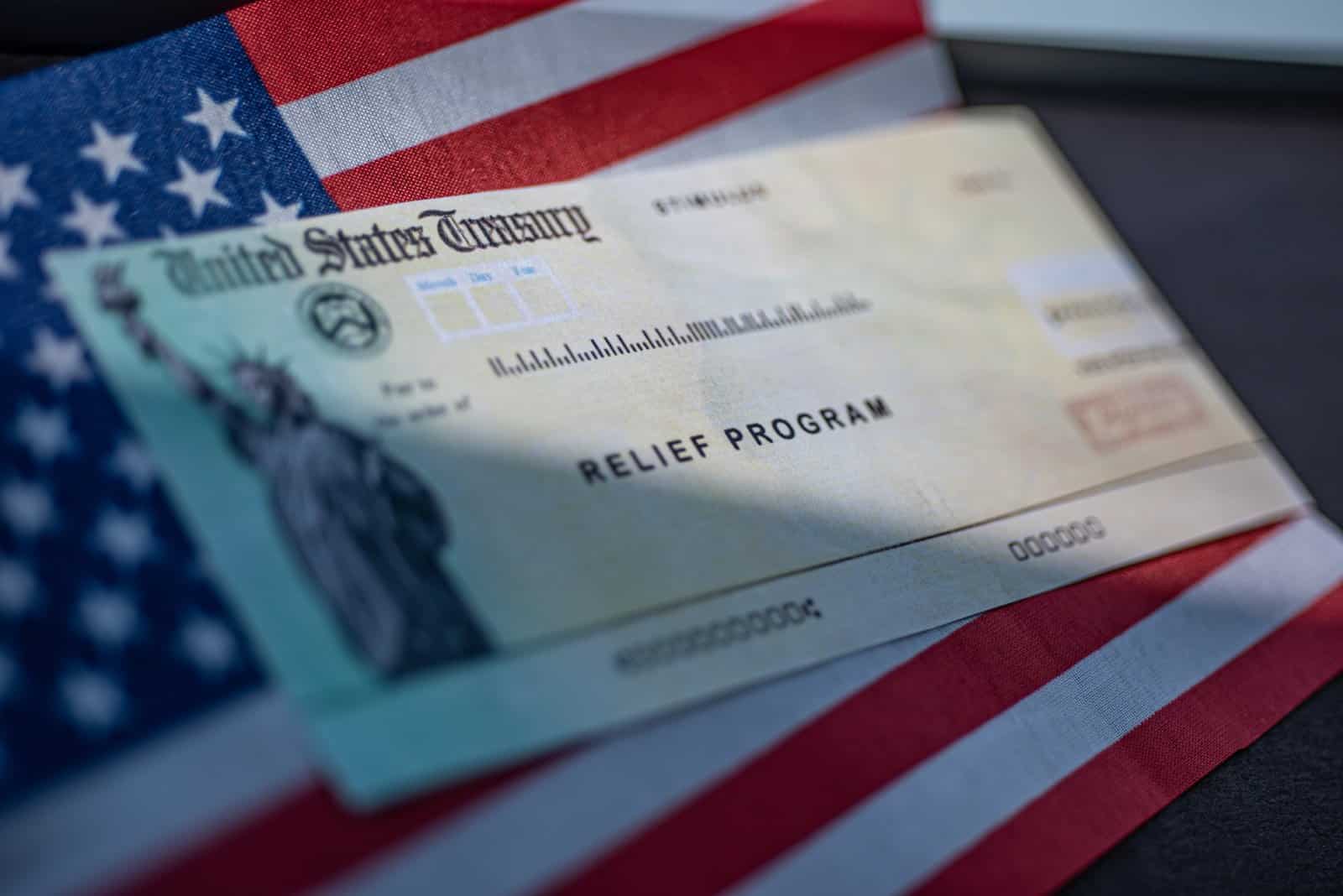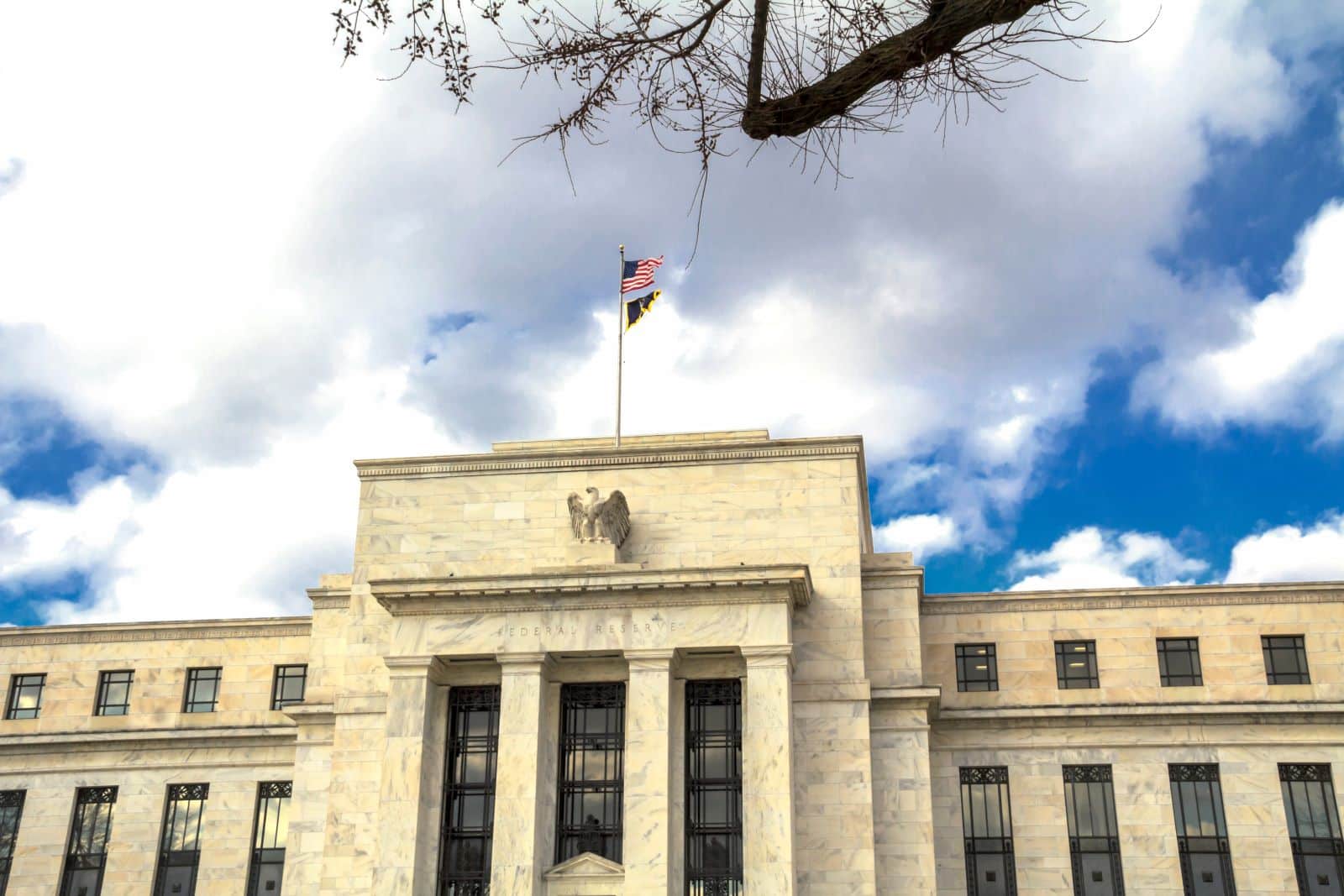The world economy is a battlefield, and America is right in the thick of it. As global dynamics shift and countries vie for economic supremacy, the U.S. finds itself navigating a maze of challenges and opportunities. Here’s a look at the key economic battles shaping our world and the role the United States plays in them.
#1. Trade Wars and Tariffs

The U.S.-China trade war has been a roller coaster of tariffs and negotiations. Even with some agreements in place, tensions remain high, impacting global supply chains and forcing businesses to rethink their strategies.
#2. Technology Tussle

America’s tech giants are at the forefront of a global struggle for digital dominance. With Europe imposing stricter regulations and China advancing in AI and 5G, the U.S. is fighting to maintain its lead in innovation.
#3. Energy Independence and Climate Change

As the world moves towards renewable energy, the U.S. faces the dual challenge of achieving energy independence while meeting climate commitments. The transition from fossil fuels is fraught with economic and political complexities.
#4. Currency Wars

The strength of the dollar is a double-edged sword, affecting U.S. exports and emerging markets. Currency manipulation accusations fly, particularly towards countries trying to boost their competitiveness.
#5. Debt and Deficits

America’s soaring national debt and deficits are ticking time bombs. Balancing fiscal responsibility with economic growth is a high-stakes game, especially with an aging population and growing entitlement spending.
#6. The Reshoring Movement

COVID-19 exposed the vulnerabilities of global supply chains, sparking a push to bring manufacturing back to the U.S. This move aims to create jobs and reduce dependency on foreign suppliers.
#7. Intellectual Property Battles

From software to pharmaceuticals, protecting American intellectual property on the global stage is an ongoing struggle, especially with rampant piracy and forced technology transfers in some countries.
#8. Immigration and the Labor Market

Immigration policy is a hot-button issue impacting the U.S. labor market. Balancing the need for skilled workers with national security and job protection for Americans is a delicate dance.
#9. Cybersecurity and Economic Security

Cyberattacks threaten not just national security but economic stability. From ransomware hitting major pipelines to state-sponsored hacks, the U.S. is ramping up its defenses.
#10. Global Health and Economic Recovery

Post-pandemic, the world is grappling with economic recovery, and the U.S. plays a crucial role in shaping global health initiatives and financial aid, especially in less developed countries.
#11. Financial Regulation and Stability

The 2008 financial crisis left deep scars, and the U.S. continues to lead in shaping global financial regulations to prevent future collapses. But with each crisis, new loopholes emerge.
#12. The Rise of E-Commerce

E-commerce giants like Amazon are redefining global retail, forcing traditional businesses to adapt or perish. This shift has massive implications for employment and local economies worldwide.
#13. The Housing Market and Global Wealth

U.S. real estate is a magnet for global investors, impacting local markets and contributing to housing affordability crises in major cities. This attracts foreign capital but also stokes economic inequality.
#14. Agricultural Exports and Food Security

American farmers feed the world, but trade policies, climate change, and geopolitical tensions complicate this role. Navigating these waters is crucial for global food security and the U.S. economy.
#15. The Gig Economy and Worker Rights

As the gig economy grows, the U.S. is at the forefront of debates over worker rights and protections. This has implications for labor markets globally as other countries look to America for policy cues.
#16. Tourism and Cultural Exchange

U.S. tourism is a significant economic driver, but global tensions and travel restrictions can impact this sector. Balancing security concerns with welcoming visitors is a nuanced economic challenge.
#17. Education as an Economic Engine

American universities attract students worldwide, making education a key export. However, competition is growing, and maintaining this edge is vital for economic and cultural influence.
#18. The Role of the Federal Reserve

The Fed’s monetary policies don’t just affect the U.S.; they ripple across the globe. Decisions on interest rates and quantitative easing are watched closely by international markets.
#19. Emerging Markets and U.S. Investments

The U.S. is a major investor in emerging markets, seeking growth opportunities but also facing risks from political instability and economic volatility in these regions.
#20. Global Economic Governance

America’s role in institutions like the IMF, World Bank, and WTO is critical in shaping global economic rules. However, rising powers challenge U.S. influence, calling for a more multipolar world order.
Economic Battles

As America navigates these economic battles, the stakes are high, and the outcomes uncertain. The world watches closely, knowing that the ripples from these struggles will impact economies near and far. The U.S. must tread carefully, balancing its interests with those of the global community to ensure a prosperous future for all.
The post – 20 Global Economic Fights America Is Battling – first appeared on Wealthy Living.
Featured Image Credit: Shutterstock / SFIO CRACHO.
The content of this article is for informational purposes only and does not constitute or replace professional financial advice.
For transparency, this content was partly developed with AI assistance and carefully curated by an experienced editor to be informative and ensure accuracy.





